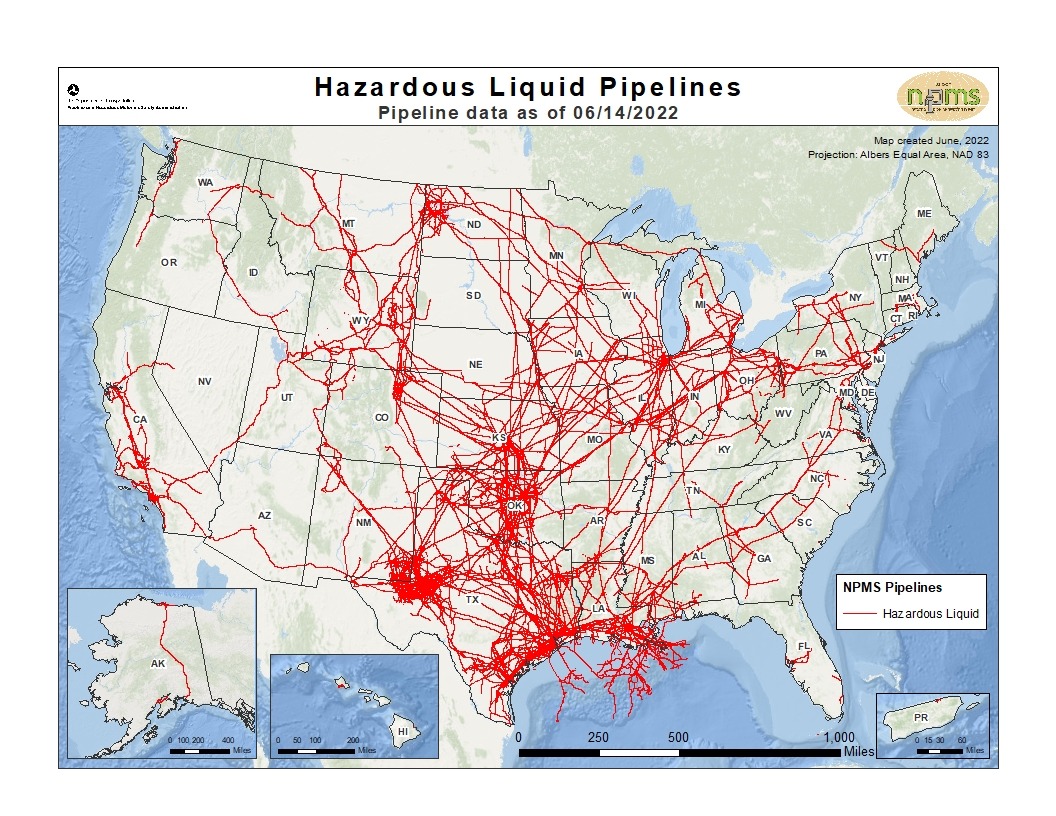Environment Government Federal regulators announce proposed rule for CO2 pipeline safety
Source: South Dakota Searchlight/Iowa Capital Dispatch
January 15, 2025 7:35 pm
The Pipeline and Hazardous Materials Safety Administration, or PHMSA, announced Wednesday a notice of proposed rule making to strengthen guidelines for carbon dioxide pipelines. The proposed rule would apply to carbon dioxide transported in a supercritical liquid state through pipelines and establishes, for the first time, guidelines for pipelines transporting gaseous CO2.
PHMSA, which is part of the U.S. Department of Transportation, said in a press release the proposed rules are the result of “PHMSA’s largest public outreach campaign on record.”
The proposed rule, if adopted as is, would require CO2 pipeline operators to train emergency responders and ensure local first responders have the necessary detection equipment in the event of an emergency. It also would require operators produce more detailed vapor dispersion analyses and implement “more robust requirements” for communicating with the public in the event of an emergency, like a pipeline rupture or leak.
According to the press release, these proposed rules address “lessons learned” from the administration’s multi-year investigation of a CO2 pipeline rupture in Satartia, Mississippi.
Read more: https://southdakotasearchlight.com/2025/01/15/federal-regulators-announce-proposed-rule-for-co2-pipeline-safety/
Link to Department of Transportation PRESS RELEASE - USDOT Proposes New Rule to Strengthen Safety Requirements for Carbon Dioxide Pipelines
Think. Again.
(22,456 posts)BumRushDaShow
(164,760 posts)but for transport of CO2 itself, which is used for things such as a refrigerant, dry ice, synthesis of carbonic acid for carbonated beverages, etc.
Think. Again.
(22,456 posts)BumRushDaShow
(164,760 posts)there is also an infrastructure in place for "waste" CO2 where this would need to apply.
There's a lot of stuff being transported through pipes (liquid or gas) across the country. Interesting info and map here - https://pipeline101.org/topic/where-are-liquid-pipelines-located/
